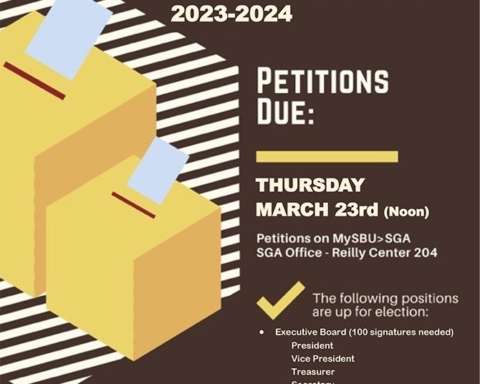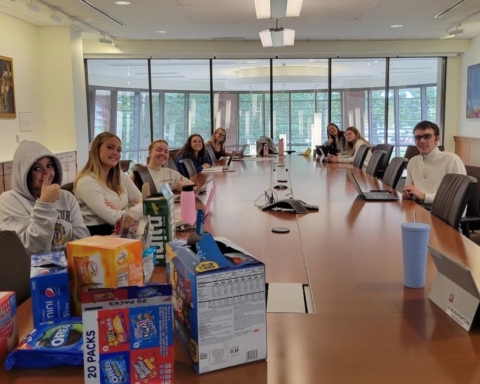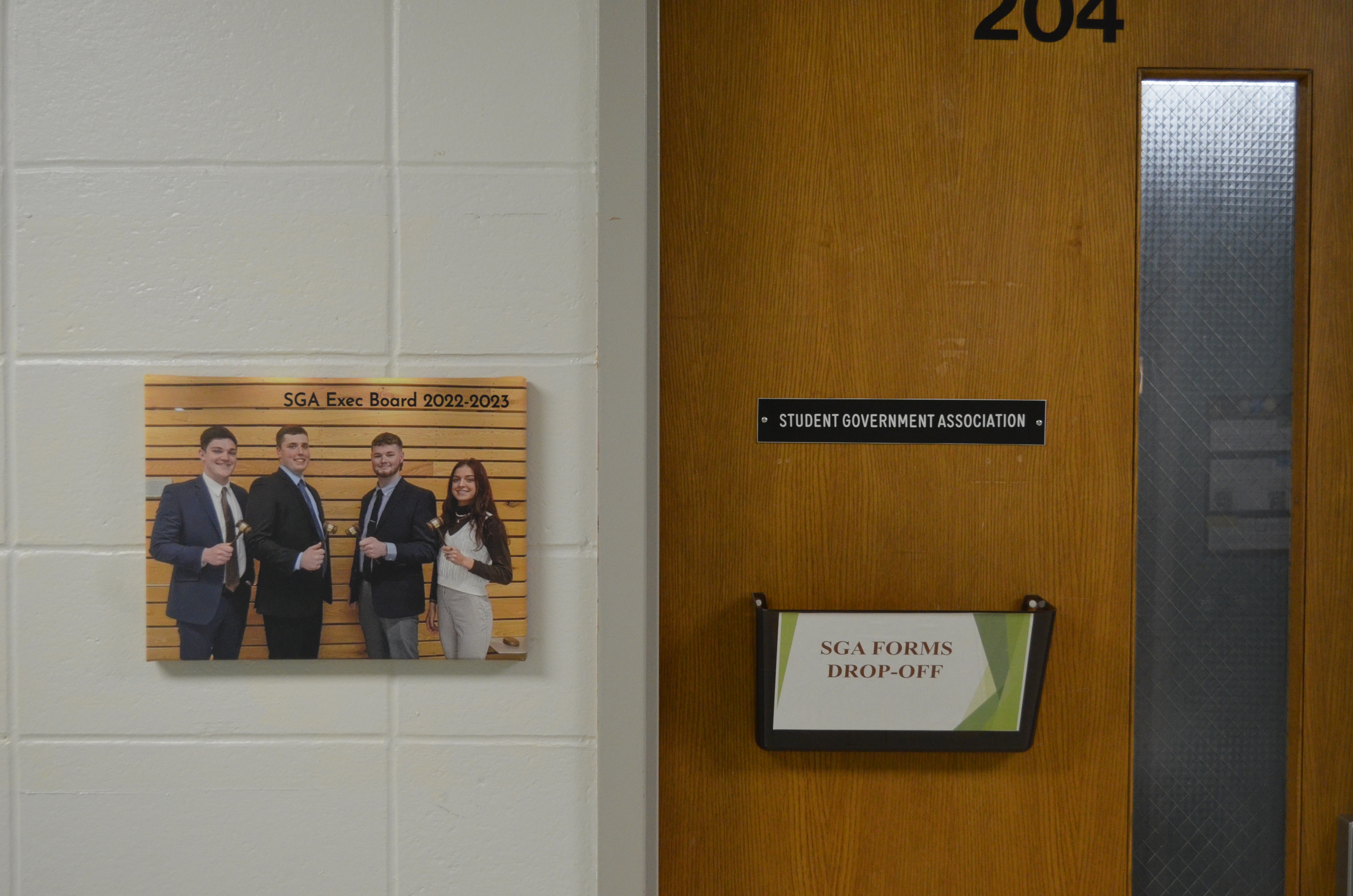College Republicans offers a response to last issue’s article on SBU’s mock election.
Almost two weeks ago, the College Democrats hosted a mock election in the Hickey Dining Hall. While this mock election was a creative idea that brought much needed attention to voting on college campuses, the College Republicans were not consulted about the event. Since our club was mentioned in the article, we would like to clarify our position on the topic of polling in general.
It was concluded in the article that the majority of campus is believed to have a conservative viewpoint and student’s voting habits are more liberal than reported. While these statements may not be false, they are not statistically validated.
The 127 collected responses out of our reported 1700 undergraduate students is only about 7.5 percent of the student body. Therefore, the sample size is too small to declare an overall consensus of the university. Furthermore, hosting the event in the Hickey excluded many upperclassmen and commuters. Since there was a Hickey swipe involved, it was asking students to pay for a meal plan to vote, which is a steep requirement. Due to these polling issues, the results cannot be reported as representative of the student body.
Additionally, it is irresponsible to draw conclusions from such an insignificant sample size. This is an issue that occurs on a much broader scale as well. Anyone who watches or reads news about the presidential election knows that there are constantly changing, and often contradictory, polling numbers. The issue stems mainly from over-zealous campaigners, lazy data collection and unintentional bias. If Fox News and MSNBC both asked their viewers the same the questions, they would get vastly different responses, neither of which would be representative of the population as a whole. This is why we see news stations running simultaneous broadcasts reporting completely contradictory poll leaders.
Other issues we face, in all matters in life, are unintentional bias and the curse of convenience sampling. It’s always easier to ask people you know for a response, especially when it comes to politics, but the issue is—no matter how hard you try to find different majors, ages and genders—there is always something they have in common, and it can be as simple as an affiliation to you. The only truthful way to collect data is through random sampling.
These issues we face as consumers of media only solidify the qualities we stress to young voters: cynicism and curiosity. Be skeptical of what you hear, fact-check and ask other people for their opinions. Do not be afraid to seek answers to the questions you have about politics, and do not be discouraged if the answers you receive are unsatisfactory—let that fuel your curiosity ever further.
For many of us on campus, this is the first election we have a say in and it’s more important than ever to be both open-minded and well-informed. Having hosted voter registration drives for three semesters now, we can confidently say that nothing is worse than an apathetic voter. No matter what political party you choose to affiliate yourself with, no matter which candidate you choose—even if you choose to abstain from voting—be confident in and willing to articulate your decisions (and nothing breeds confidence like knowledge). We live in a country that gives us the opportunity to choose the government, but most importantly to seek information on, question and even criticize our elected leadership and their decisions. If you’re unwilling to take that opportunity, you are missing out on a liberty that others have died fighting for.
Best of luck voting this election season.
-The College Republicans






